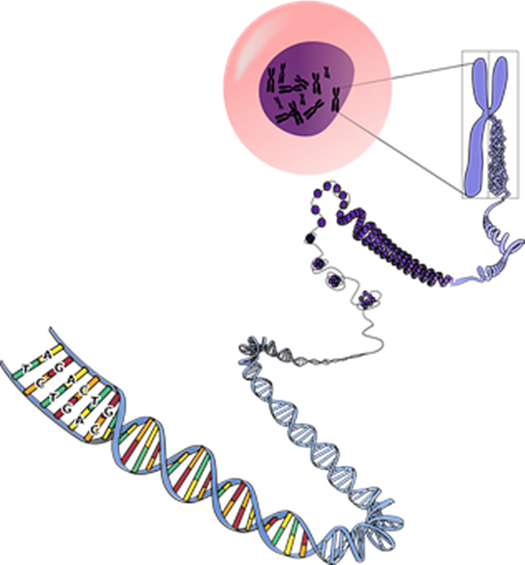There are undoubtedly a lot of unanswered questions in the world, which makes life all the more intriguing. Among the many of these is the question, what is love? Almost everyone will have an answer for it, but it comes down to their interpretation. Could this be because their response is coming from their genes?

Is There a Connection Between Love and Health?
There is a lot more understanding now as to how human genes affect the health of people. People are becoming more knowledgeable in this, and in many ways, it is allowing them to become more proactive with poor health prevention. This, coupled with new technology, such as being able to use a GP app like livi.co.uk, means health issues are being taken care of much faster.
Health is now being connected to relationships, which in turn links this back to the genes, and this is based on scientific studies which show that:
- Couples who have a healthy, happy marriage outlive single men and women.
- Married couples have half the risk of dying from heart disease compared to single people.
- Happily married couples put less stress on the health care systems. They don’t spend as much time in the hospital. They are not as likely to need critical care. Also, they have a 13% less risk of developing pneumonia during a hospital stay.
These are just a few of the many health benefits of a strong and loving marriage.
What About the Genes?
Humans are very similar to each other in their genetic make-up, as each possesses about 25000, which the human genome is comprised of. From there, it is the difference in the genes that make us each unique. Part of our uniqueness comes from the compatibility genes.
The Compatibility Genes?
These are the genes which many people are becoming more familiar with. These are the ones focused on when medical transplants are needed. Research is indicating that animals make their mate choices based on their compatibility genes and that something close to this may be the same for people.
The Research
Scientists are showing a great interest in genetics, which affects the hormone oxytocin that promotes social bonding. Within this hormone is the GG genotype. A study among couples showed that if one of the partners had a variation in the GG genotype, then they reported being happier in their marriage and more secure, compared to those couples who genotypes didn’t have the same variant.
This is a new horizon for genetic scientists, but one small finding such as this gives enough ground for them to want to continue with more study, to perhaps provide a solid answer to that age-old question as to what love is.
